
PART I “THE AI AND I” GOD’S NAMELESS,
FACELESS BIBLE TRUE PROPHETS
(C)2024 Taveau D’Arcy All copyrights reserved under international copyright laws
Dr Taveau D’Arcy inquired of Chat GPT AI:
It seems to me that God uses non well known persons as the prophet to God’s leaders, to the nation of His people during extreme times. I repeatedly studied prophet Amos and he was not raised among or schooled to be a official prophet. Plus in the Book of I Samuel there is mentioned a “no name” faceless prophet who gives the word to Eli and Sons and tells them that they are about to be removed. I need this theory confirmed, Also I am interested and to train. Please expound this . Also if there are others name them and Bible expound these also;
Chat GPT Ai responded.
Faceless Bible prophets serve in unique and powerful ways, often demonstrating that God’s work and His truth do not depend on the fame, status, or recognition of the messenger.
Here’s how faceless prophets—those often unnamed or relatively unknown—serve according to biblical examples:
1. They Speak God’s Truth Boldly, Without Seeking Fame
Faceless prophets deliver the word of God faithfully, even if it means confronting kings, leaders, or entire nations. Because they are not seeking recognition or personal gain, their sole motivation is obedience to God. For example:
·
The Prophet to Eli (1 Samuel 2:27-36) delivered a message of judgment on Eli’s household. Though we don’t know his name, he served by calling out the sin of a high priest, showing that no one is beyond God’s rebuke.
·
The Prophet Who Rebuked King Amaziah (2 Chronicles 25:15-16) confronted the king after he turned to idolatry, despite the king’s rejection of the message. This prophet served by upholding God’s standards of worship and accountability.
2. They Call God’s People Back to Righteousness
Often, these prophets emerge during times of spiritual decline or national crisis, calling the people back to righteousness and repentance. Their messages are timely and crucial to redirect God’s people toward His truth.
·
The Prophet Who Warned Israel Before Gideon’s Call (Judges 6:7-10) was sent to remind Israel of God’s past deliverance and to call them to repentance before God raised up Gideon to save them from the Midianites. The prophet’s message laid the groundwork for deliverance by calling out Israel’s disobedience.
3. They Deliver Messages of Judgment or Warning
Faceless prophets are often tasked with delivering hard truths—messages of judgment or warning that others might be afraid to give. Because their role is not about personal gain or recognition, they can serve as pure vessels of God’s word without fear of losing status.
·
The Man of God from Judah (1 Kings 13) boldly prophesied against King Jeroboam’s altar at Bethel, warning of its future destruction. This prophet was sent by God to deliver judgment on an idolatrous king, fulfilling his duty despite the danger.
·
Hanani the Seer (2 Chronicles 16:7-10) rebuked King Asa of Judah for relying on human alliances rather than trusting in God. Although Asa imprisoned him, Hanani fulfilled his prophetic duty by warning the king of the consequences of his actions.
4. They Prepare the Way for Greater Deliverance or Leaders
Faceless prophets often come before great deliverance or leadership shifts, preparing the way for what God will do. Their messages set the stage for future events by calling attention to the people’s sin or the need for repentance.
·
The Prophet Who Anointed Jehu (2 Kings 9:1-13), though unnamed, served by anointing Jehu as king. This act initiated the fulfillment of prophecy regarding the downfall of Ahab’s house, setting the stage for a major political and spiritual shift in Israel.
5. They Serve Without Personal Ambition
Faceless prophets serve without seeking their own promotion, financial gain, or political power. They are typically humble, often living in obscurity and focusing on obedience to God rather than building their own platforms.
·
Amos is a good example, even though we know his name. He was a shepherd and fig farmer, not a professional prophet (Amos 7:14-15). He served as a prophet out of obedience, not out of desire for recognition, reminding Israel that God can call anyone to speak His truth.
6. They Remain Faithful Amid Rejection
Faceless prophets often serve in difficult circumstances where their message is not received well. They experience rejection, opposition, and sometimes even persecution, but they remain faithful to God’s calling.
·
The Prophet Who Rebuked Jeroboam (1 Kings 13) was threatened by the king for delivering his message. Even though Jeroboam’s hand withered as a result, the prophet did not back down. His faithfulness to God’s message, despite rejection, is an example of prophetic courage.
7. They Serve as Instruments of God’s Sovereignty
God uses faceless prophets to show that His power and authority are not dependent on human recognition or status. These prophets demonstrate God’s sovereignty by showing that He can work through anyone, no matter their social standing or fame.
·
Jehaziel (2 Chronicles 20:14-17), a Levite who is not widely known, delivered a powerful message to King Jehoshaphat, assuring him that the Lord would fight their battle. Though he wasn’t a famous prophet, his message brought peace and victory to Judah.
In addition to the examples we’ve already discussed, there are other “faceless” or lesser-known prophets in the Bible who played critical roles in delivering God’s messages but whose names and backgrounds are often overlooked. Here are more examples of these prophets:
1. The Man of God from Judah (1 Kings 13)
·
Background: Sent by God to confront King Jeroboam at Bethel, this unnamed prophet warned Jeroboam that his altar would be destroyed and prophesied the birth of King Josiah, who would reform the kingdom centuries later.
·
Message: His confrontation of Jeroboam was bold and miraculous. When Jeroboam’s hand withered after trying to seize him, it was a sign of God’s judgment. Though Jeroboam asked for mercy, and his hand was healed, the warning of judgment remained.
·
Significance: The prophet’s anonymity and uncompromising obedience to God’s command, even in the face of royal authority, exemplify the faceless prophet’s role in confronting corrupt leadership without seeking personal fame or power.
2. The Seer Who Rebuked Asa (2 Chronicles 16:7-10)
·
Background: Hanani, a relatively unknown prophet, confronted King Asa of Judah after Asa had relied on a foreign alliance rather than trusting in God for military success. This act demonstrated Asa’s failure to depend on God.
·
Message: Hanani warned Asa that because of his lack of faith, Judah would face wars. Instead of heeding the message, Asa imprisoned Hanani.
·
Significance: Hanani’s boldness in delivering a difficult message to the king, despite being imprisoned for it, underscores the fearless role of lesser-known prophets in proclaiming God’s truth, even when it comes at great personal cost.
3. The Prophet Who Anointed Jehu (2 Kings 9:1-13)
·
Background: Elisha instructed one of the “sons of the prophets” (a group of students or disciples of prophets) to anoint Jehu as king over Israel. This unnamed prophet carried out the task of anointing Jehu, which set in motion a chain of events that would lead to the destruction of Ahab’s dynasty.
·
Message: The prophet declared that Jehu was chosen by God to bring judgment upon the house of Ahab, and that the house of Jezebel would be destroyed.
·
Significance: Though we don’t know the name of this specific prophet, his obedience in fulfilling this critical task demonstrates how God often used seemingly minor figures in pivotal moments of history. His actions fulfilled a significant prophecy of judgment against one of Israel’s most corrupt dynasties.
4. Oded (2 Chronicles 28:9-15)
·
Background: Oded was a prophet during the reign of King Ahaz of Judah. When the northern kingdom of Israel attacked Judah and took 200,000 captives, Oded confronted the leaders of Israel as they were returning with the prisoners.
·
Message: Oded warned Israel that their victory was not an endorsement of their righteousness but rather a punishment from God against Judah. He commanded them to release the captives, warning them that they themselves were guilty of sin against God.
·
Significance: Although Oded is a lesser-known figure, his intervention led to the release of the captives, showing how God uses prophetic voices to promote justice and mercy. His boldness in speaking to the victorious army and leaders of Israel demonstrates the power of God’s message through even unknown prophets.
5. Jehaziel (2 Chronicles 20:14-17)
·
Background: During the reign of King Jehoshaphat, Judah faced a large coalition of enemy forces. Jehaziel, a Levite and a lesser-known prophet, delivered a critical message from God to the people of Judah.
·
Message: Jehaziel assured the people that the battle was not theirs, but the Lord’s. He told them they did not need to fight but simply to stand firm and watch God deliver them. The people responded in faith and saw a miraculous victory.
·
Significance: Jehaziel’s message during a national crisis helped deliver Judah from destruction. Though not as famous as other prophets, his boldness and faith in God’s word were instrumental in encouraging the people to trust in God’s deliverance.
6. The Prophet Who Rebuked Amaziah (2 Chronicles 25:15-16)
· Background: King Amaziah of Judah, after defeating the Edomites, brought back the idols of the Edomites and worshiped them. An unnamed prophet came to Amaziah and rebuked him for turning to false gods after God had given him victory.
·
Message: The prophet questioned the king’s logic in worshiping gods that could not even save their own people, and warned of impending judgment if Amaziah did not repent. Amaziah, however, rejected the prophet’s message, silencing him.
·
Significance: This prophet’s anonymous status once again emphasizes the message over the messenger. Even though the king rejected him, this unnamed prophet faithfully delivered God’s word, showing the importance of obedience, regardless of the outcome.
7. The Prophet of Judges 6:7-10 (Before Gideon’s Call)
·
Background: Before Gideon’s famous calling as a judge, an unnamed prophet was sent to Israel to rebuke them for their idolatry and disobedience.
·
Message: The prophet reminded Israel of God’s deliverance from Egypt and rebuked them for turning away from God to worship the gods of the Amorites. His message set the stage for Gideon’s subsequent deliverance of Israel from the Midianites.
·
Significance: This anonymous prophet prepared the way for Israel’s repentance and eventual deliverance through Gideon. His role, though small in terms of the biblical narrative, was crucial in calling the people to account and readying them for God’s intervention.
8. The Prophet in 1 Kings 20 (Ahab’s Victory Over Ben-Hadad)
·
Background: When Ben-Hadad, king of Aram, besieged Samaria, an unnamed prophet delivered a message to King Ahab of Israel, promising victory over the much larger Aramean army.
·
Message: The prophet told Ahab that God would deliver the vastly outnumbered Israelite forces, not because of Ahab’s righteousness, but to demonstrate that God is the Lord. Ahab’s forces won a miraculous victory, just as the prophet had foretold.
·
Significance: This unnamed prophet’s role was to remind Ahab and the people that victory comes from God alone. His anonymity highlights how God can use anyone, even in the midst of a morally compromised kingdom, to display His power.
PART 2 COMING Tomorrow
To Contribute;
(email Paypal: tcreativeleadereship@gmail.com or crossbodyunity@gmail.com
(C)2024 Taveau D’Arcy all copyrights reserved under international copyright laws, in conjunction with AI


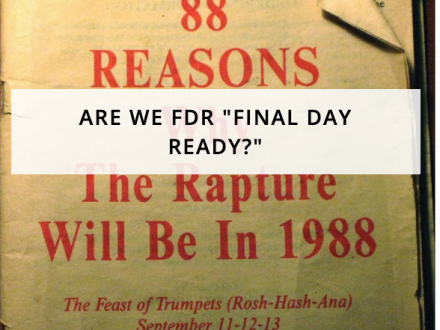
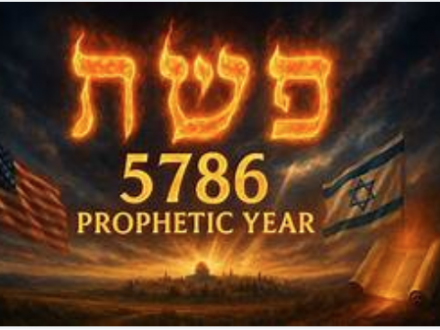

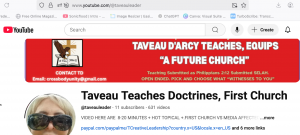
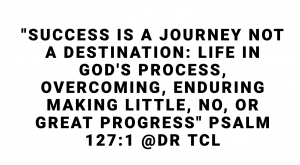




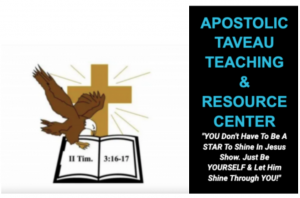
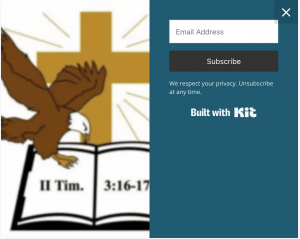






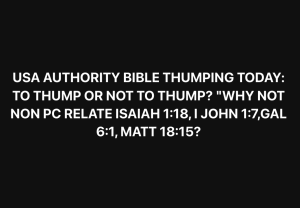
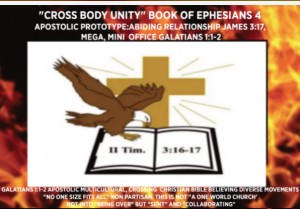


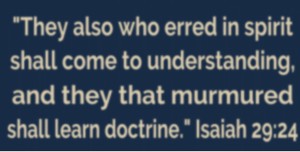
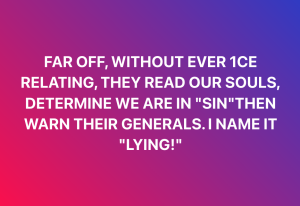
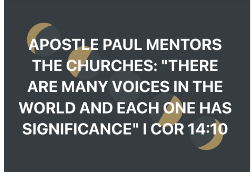





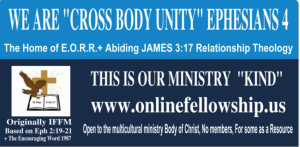



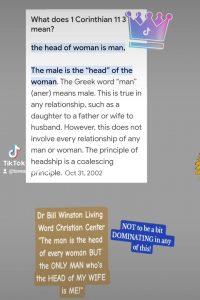

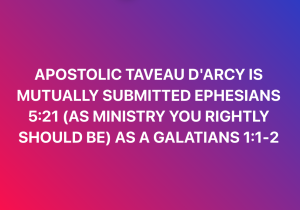


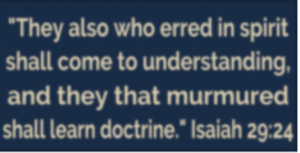
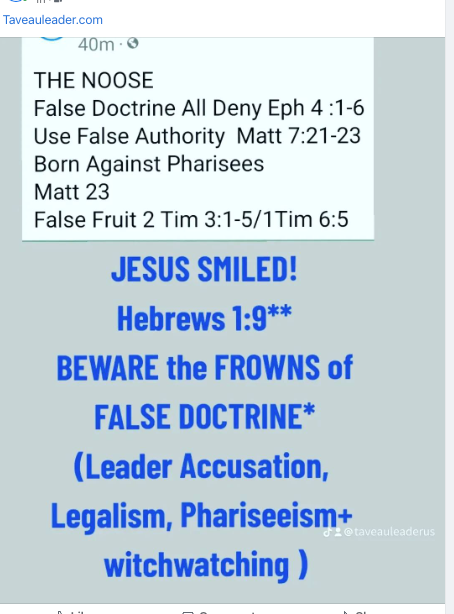
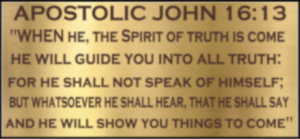
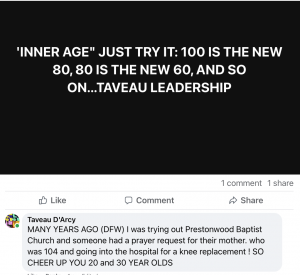
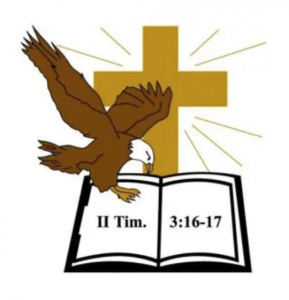

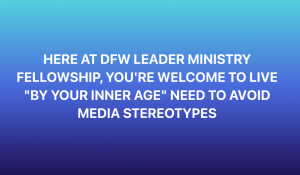

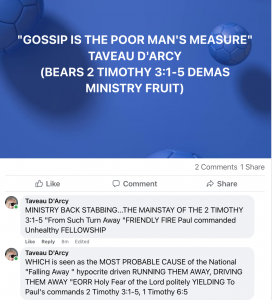
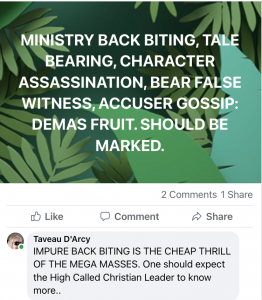
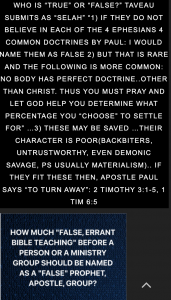
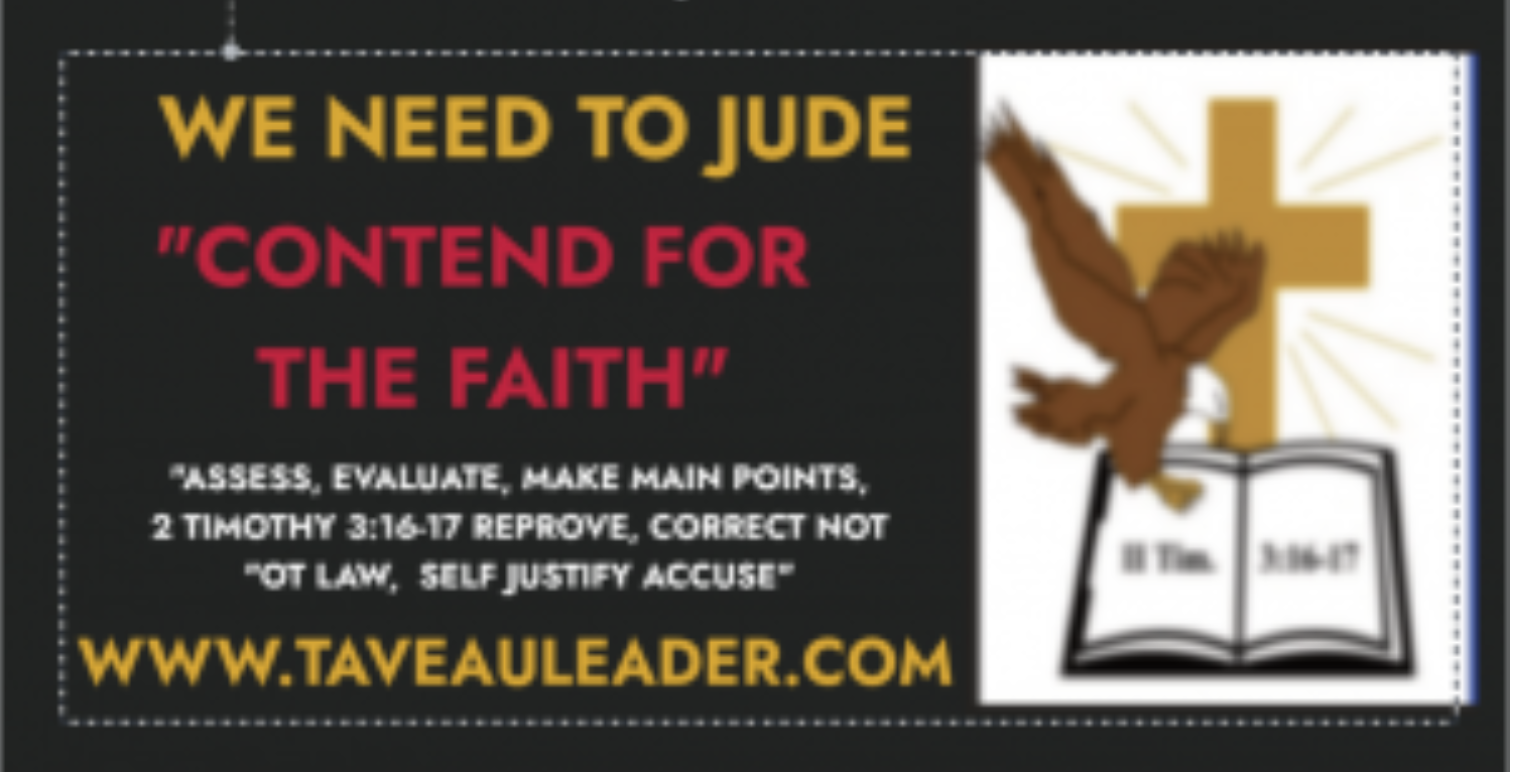
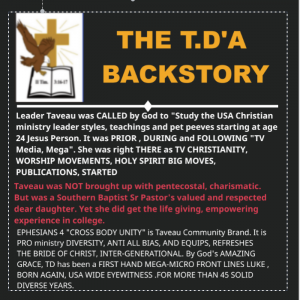



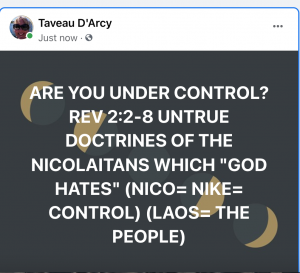
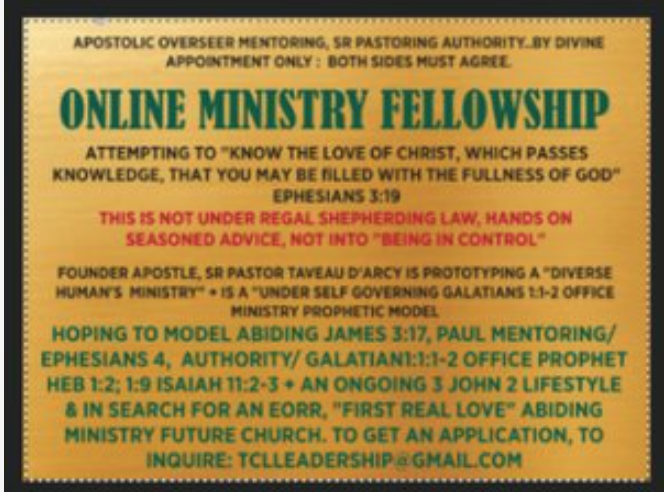
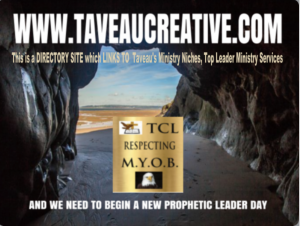





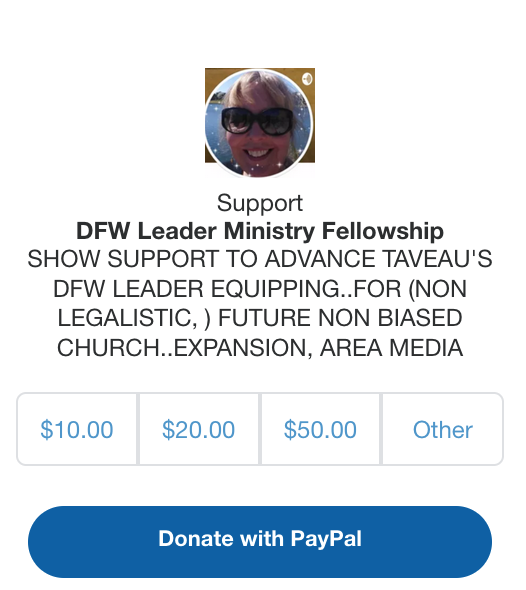


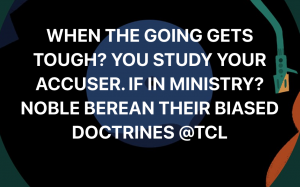


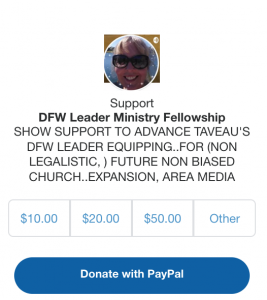

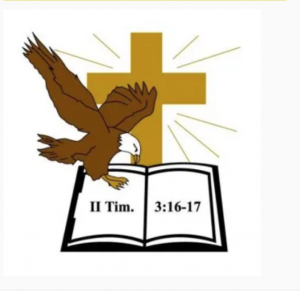

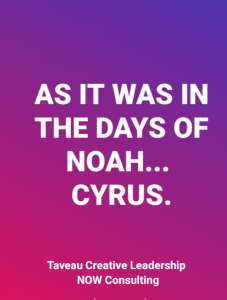

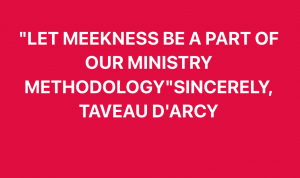



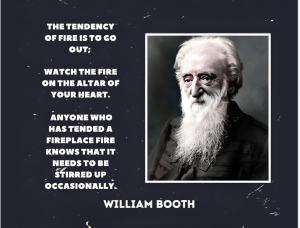

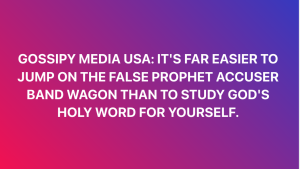




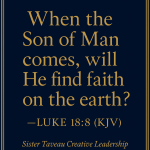


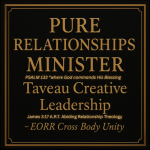

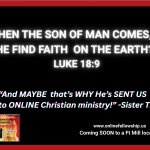





Recent Comments